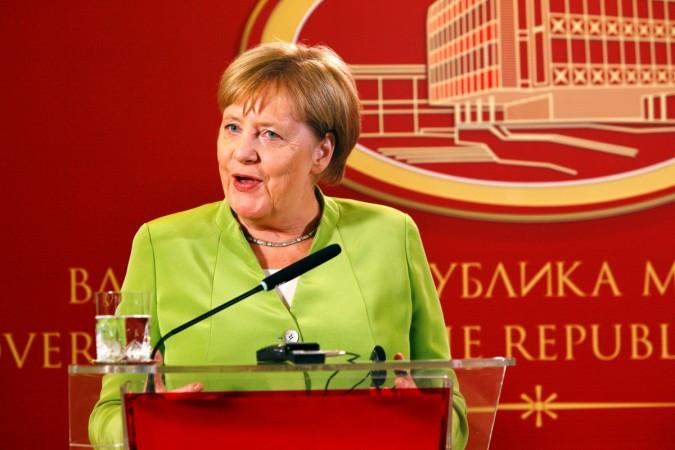
A new report published in the journal Psychological Science has suggested that people often perceive masculine faces more competitive when compared to faces with feminine features. The report also revealed that this perception could often impact people's choices even while selecting world leaders.
During the study, researchers at Princeton University analysed various facial factors that play a crucial role in convincing others about their capability to become successful in various areas.
The results of their experiment were quite surprising, as they found clear gender bias showed by people while selecting competent faces. Most of the people rated male face to be more competent, while female faces were marked less efficient. Participants who took part in the research also revealed that competent faces are often perceived as more confident and masculine.
Researchers also revealed that this general perception among people will also impact during elections, and it might be playing a prominent role while world leaders are being selected.
Dong-Won Oh, the lead author of the study, said that the gender bias people used to show often emerge as a threat to social justice.
"Problematically, how competent someone appears does not guarantee their actual competence. Needless to say, these gender biases pose a threat to social justice, creating unfair environments for everyone," said Oh, Science Daily reports.
As the study report surfaced online, International Business Times, India did a random check to know about the current women world leaders. Interestingly, there are only a meagre number of women who lead countries from the front which includes, Dalia Grybauskaitė (President of Lithuania), Kathy Calvin (President and CEO of the United Nations Foundation), Jacinda Ardern (Prime Minister of New Zealand), Ana Brnabić (Prime Minister of Serbia), Sheikh Hasina (Prime Minister of Bangladesh), and Angela Merkel (Chancellor of Germany).
Our analysis also revealed that Europeans have more affinity towards women leaders when compared to people living in Asia, Africa, and the United States.

















